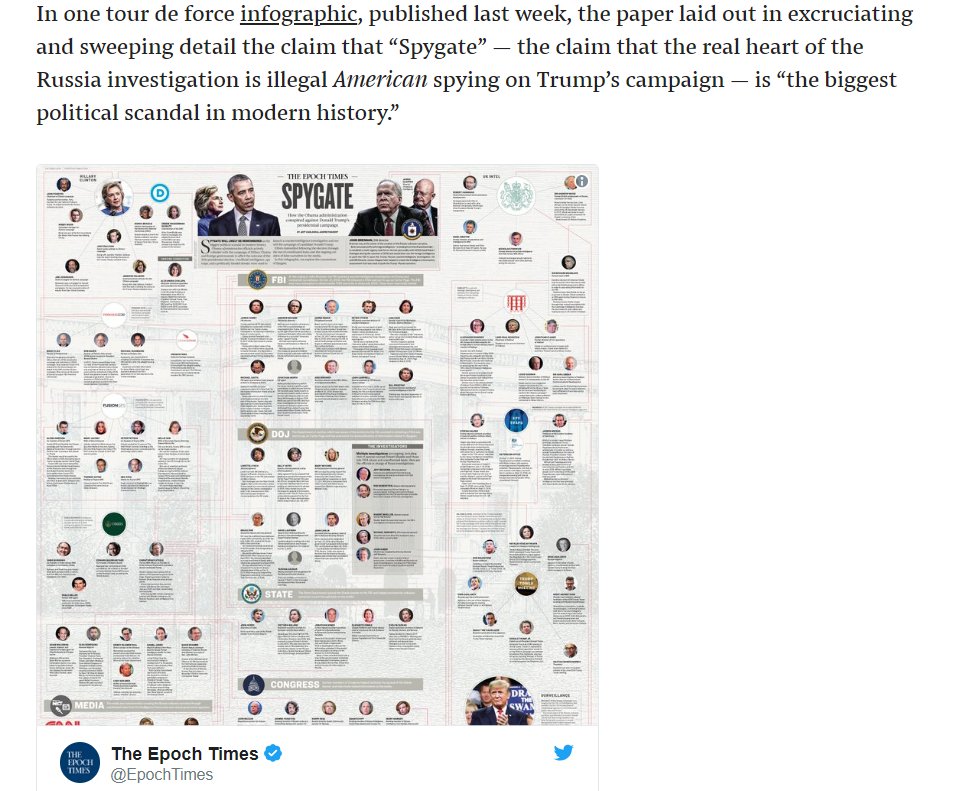'Therefore a man shall leave [יַֽעֲזָב] his father and his mother and hold fast [וְדָבַ֣ק] to his wife, and they shall become one flesh.'
THREAD: Meditations on marriage metaphors in Ruth
The book of Ruth is, of course, a story about a beautiful marriage. But even before the courtship and the wedding and the important genealogy at the end, we find interesting language that is strikingly reminiscent of Genesis 2:24

'Therefore a man shall leave [יַֽעֲזָב] his father and his mother and hold fast [וְדָבַ֣ק] to his wife, and they shall become one flesh.'
Something very similar to this takes places in Ruth's life.
What is more, she made it clear just what she was clinging to.
'All that you have done for your mother-in-law since the death of your husband...how you left [וַתַּֽעַזְבִ֞י] your father and mother and your native land and came to a people that you did not know before.'
'The LORD repay you for what you have done, and a full reward be given you by the LORD, the God of Israel, under whose wings you have come to take refuge!' (Ruth 2:12)
In Ezekiel 16, Israel is depicted as a naked maiden, abhorred and abandoned. Nevertheless, the LORD took her as his own.
'Therefore a man shall leave his father and mother and hold fast to his wife, and the two shall become one flesh. This mystery is profound, and I am saying that it refers to Christ and the church.'
'The soul is full of sins, death, and damnation...
Set me as a seal upon your heart, as a seal upon your arm, for love is strong as death, jealousy is fierce as the grave. Its flashes are flashes of fire, the very flame of the LORD.'
So, too, we see the fierceness with which Ruth clings to the God of Israel: 'May the LORD do so to me and more also if anything but death parts me from you.' (Ruth 1:17)
More from History
You May Also Like
I like this heuristic, and have a few which are similar in intent to it:
Hiring efficiency:
How long does it take, measured from initial expression of interest through offer of employment signed, for a typical candidate cold inbounding to the company?
What is the *theoretical minimum* for *any* candidate?
How long does it take, as a developer newly hired at the company:
* To get a fully credentialed machine issued to you
* To get a fully functional development environment on that machine which could push code to production immediately
* To solo ship one material quanta of work
How long does it take, from first idea floated to "It's on the Internet", to create a piece of marketing collateral.
(For bonus points: break down by ambitiousness / form factor.)
How many people have to say yes to do something which is clearly worth doing which costs $5,000 / $15,000 / $250,000 and has never been done before.
Here's how I'd measure the health of any tech company:
— Jeff Atwood (@codinghorror) October 25, 2018
How long, as measured from the inception of idea to the modified software arriving in the user's hands, does it take to roll out a *1 word copy change* in your primary product?
Hiring efficiency:
How long does it take, measured from initial expression of interest through offer of employment signed, for a typical candidate cold inbounding to the company?
What is the *theoretical minimum* for *any* candidate?
How long does it take, as a developer newly hired at the company:
* To get a fully credentialed machine issued to you
* To get a fully functional development environment on that machine which could push code to production immediately
* To solo ship one material quanta of work
How long does it take, from first idea floated to "It's on the Internet", to create a piece of marketing collateral.
(For bonus points: break down by ambitiousness / form factor.)
How many people have to say yes to do something which is clearly worth doing which costs $5,000 / $15,000 / $250,000 and has never been done before.






















